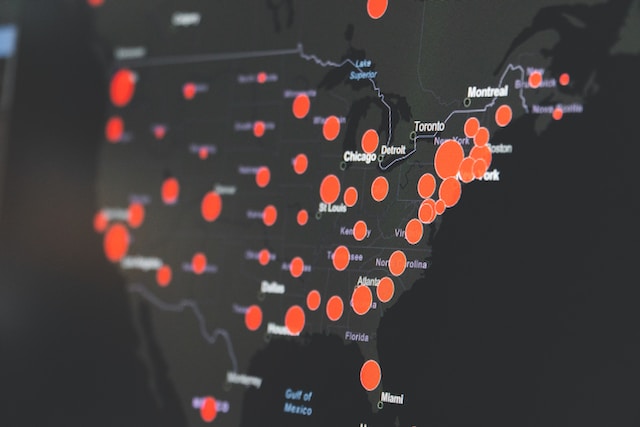Muscat, Estimated total revenues for the State General Budget 2022 stood at RO 10 billion and 580 million, based on the price of oil as $50 a barrel, which is 6% higher than estimated revenues for 2021.
Oil and gas revenues in Budget 2022 have been estimated at RO 7.24 billion, constituting 68% of total revenues. Non-oil revenues have been estimated at RO 3.34 billion, comprising 32% of the total.
Total Public spending is set at RO 12.13 billion, 2% higher than public spending estimated for 2021, and this includes the cost of public debt service, which stands as RO 1.3 billion.
Deficit for the 2022 Budget is estimated to be RO 1.5 billion, constituting 15% of the total revenues and 5% of the Gross Domestic Product (GDP), which falls within the range of deficit estimated in the Medium Term Fiscal Plan (MTFP).
Part of the deficit will be financed from external and internal borrowing, while the rest of the deficit, estimated to be RO 400 million, will be funded through withdrawal from the State’s reserves.
Sultan Salim Al Habsi, Minister of Finance, said that preliminary data point to the fact that the State Budget 2022 tends to register the lowest deficit since 2014, despite the fluctuation in oil prices over the past period.
The accomplishment, the minister explained, is attributed to the government’s resolve to stick to the MTFP, both at the level of revenues and spending, with the overall aim of meeting the main objectives and increasing the confidence of lenders and credit rating agencies.
Al Habsi added that Budget 2022 was drafted in a manner that conforms with the targets and pillars of the 10th Five Year Plan (2021-2025), the first leg in Oman Vision 2040, the country’s long-term strategy to achieve fiscal sustainability and motivate economic diversification sectors.
The minister affirmed that the most significant objective in drafting public spending estimates was to maintain spending on basic services like education, health, housing and social welfare. This is in addition to maintaining procedures and instruments aimed at improving the business climate and expanding partnership projects undertaken with the private sector, he added
Al Habsi pointed out that, in case oil prices go up beyond the price endorsed in the budget, priority will be given to using the surplus to cut down the deficit and repay the instalments of loans.
Source: Oman news Agency

